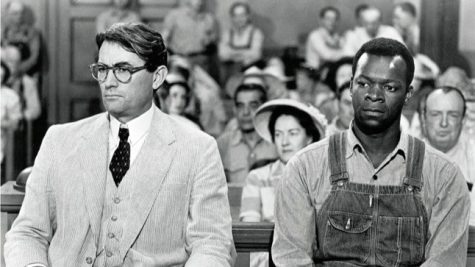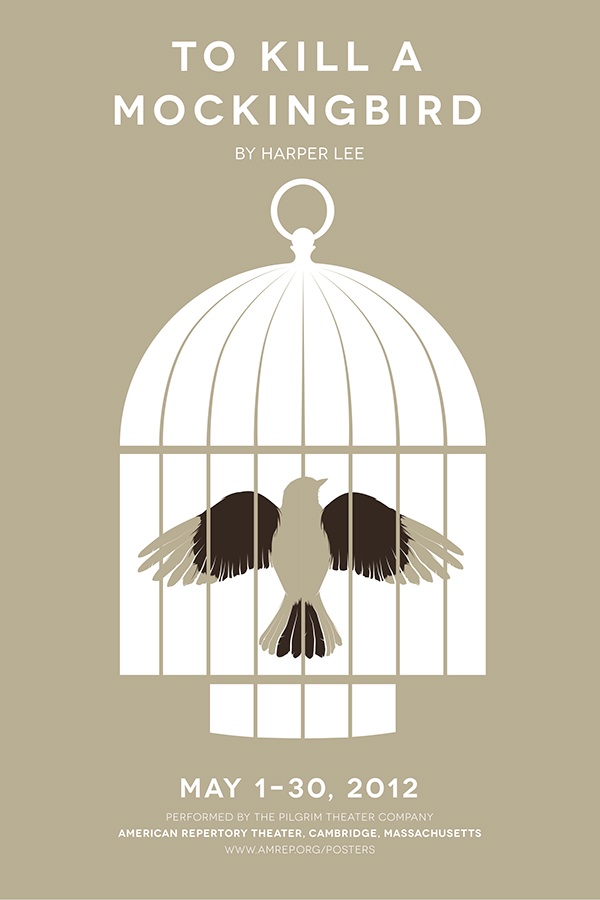Mockingbird wins best novel title
May 4, 2022
In 2018, PBS launched a contest called The Great American Read. 100 novels were selected and America voted for four months. While battling great American and world classics like Tolkien’s The Lord of the Rings trilogy and more current reads like the Harry Potter series, voters selected Harper Lee’s To Kill a Mockingbird as America’s Best Loved Book. It started as the highest vote-getter on Day 1 and never moved from that spot. Beating the Outlander series by over 30,000 votes, it is no surprise that To Kill a Mockingbird is often a high schoolers’ favorite novel. When analyzing this text, some might say it’s outdated or the classic phrase “that stuff doesn’t happen anymore.” Yet, reflecting back on our current society, some might see that those issues are still around.
Harper Lee’s novel To Kill a Mockingbird is complicated to analyze. While the book can be interpreted many ways, it forces the reader to look at it through the same lens. There’s no denying events like Tom Robinson’s trial or the integrity of a man like Bob Ewell is up for debate. Some might hear folks say the message is that of racism and while true, is that the message? Or, some might hear others say it’s about innocence turning into maturity. Yet, the coexistence of those arguments is what makes this novel special.

To Kill a Mockingbird forces the reader to stomach through a challenging former southern society. It does what many author want: it makes the reader challenge what the antagonist represents. Throughout the book the reader wishes he/she could tear the pages out when Bob Ewell is around and clinches his fist as the reader hears the jurors all say “Guilty.” And that’s the beauty of this book. The readers know Tom is going to get convicted, yet while listening to Atticus slam down prosecutor Gilmer’s case, the readers feel a beacon of hope.
The novel is one to be appreciated. It can be told for the rest of time due to its timeless messaging: stand in someone else’s shoes before judgement; approach all situations with courage; don’t harm anyone/thing that doesn’t harm you and so much more. If a society still prejudices any minority group, the message is felt. If society says, “That’s just the way it is,” the message is not lost. Its messages are a simple one about right versus wrong. No matter the scenario, it can always be taught. Right versus wrong will always be around, and laws can’t change that. This book is simply about having the courage to do the right thing.




